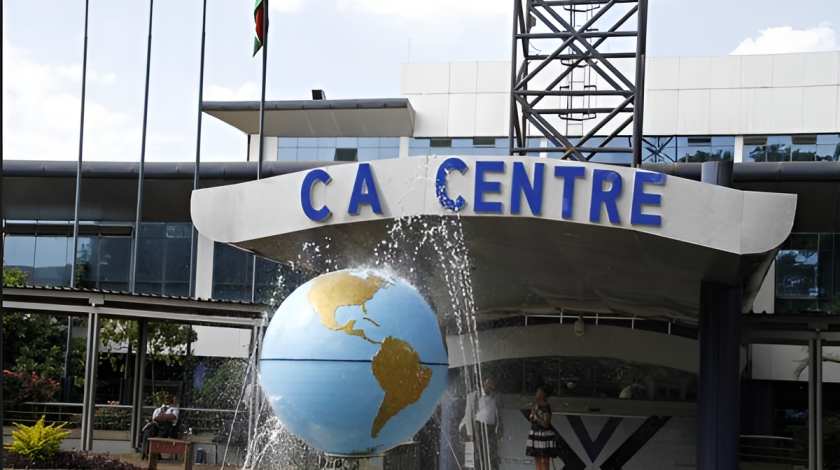KNCHR warns of rising censorship threat to Kenya’s media and digital freedoms

During the 2020–2022 period under review, the commission documented 23 online censorship cases and 11 offline ones.
Kenya is facing increasing restrictions on media and online spaces despite having strong legal protections for freedom of expression, according to a report by the Kenya National Commission on Human Rights (KNCHR).
Released on Wednesday, August 13, 2025, the report highlights a worrying trend of government and private sector actions that limit press freedom, block public debate, and restrict access to information.
KNCHR says censorship in Kenya is no longer hidden but happening openly. Instances cited in the report include the suspension of activist social media accounts and the withdrawal of broadcast licenses.
A major example occurred on December 22, 2021, when the Communications Authority of Kenya cancelled licenses for 128 broadcasters.
While the authority cited failure to meet regulatory standards, KNCHR notes the move had a chilling effect, particularly on community radio stations that provide critical local news.
During the 2020–2022 period under review, the commission documented 23 online censorship cases and 11 offline ones. Out of these, 22 online cases and nine offline cases remain unresolved, despite Kenya scoring 90 per cent on access to information in KNCHR’s rights index.
The report also draws attention to the growing use of Strategic Lawsuits Against Public Participation (SLAPPs). These lawsuits are filed to intimidate journalists and rights organizations, drain their resources, and discourage investigative reporting.
Kenya’s Constitution guarantees the right to express opinions, access information, and communicate freely. Yet, KNCHR warns that opaque online content removals, strict administrative controls, and legal pressures are steadily eroding these freedoms.
To counter these trends, the commission is calling for urgent reforms. Recommendations include transparent processes for suspending or cancelling broadcast licenses, public reporting from online platforms on content removals affecting Kenyans, and anti-SLAPP rules to prevent the legal system from being used to silence critics.
KNCHR warns that if current trends continue, Kenya could drift into a culture of self-censorship, particularly as the 2027 elections approach. The commission emphasizes that protecting media and digital freedoms is vital not just for journalists but for safeguarding democracy in the country.
